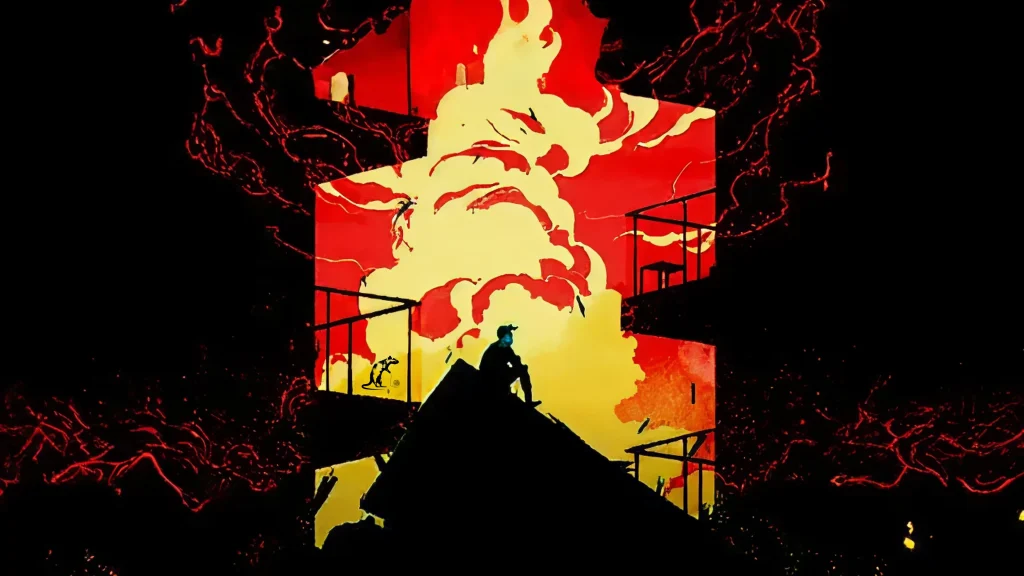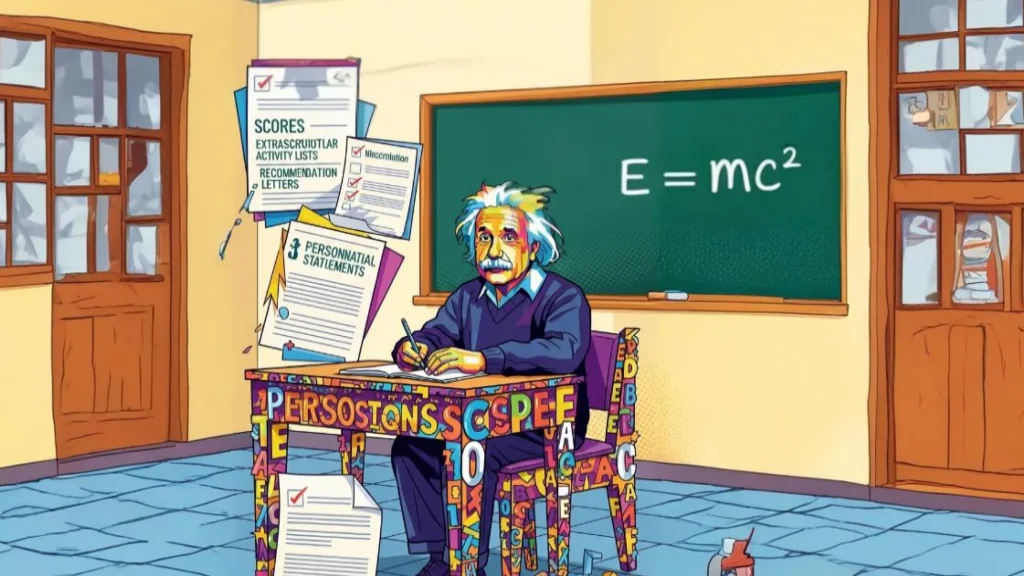The Irony of Being Human
“We were put on this earth to make things. But what, exactly? And for whom?”
W.H. Auden
What an irony to be a human, the only creature on this Pale Blue Dot, brilliant enough to outlaw its creator, declaring God dead if He’s divine, or genetically modifying it if it’s nature. The creature to crown itself ruler of the planet, yet sprinting away screaming from a bee, which has no idea of Human Greatness. A creature that can look at countless stars in the sky and still be able to visit or pretend to visit only one, the nearest. We invented rituals and imagined stories to help us live better, longer, and then we gave our dearest life to defend those most beloved stories. We wrote constitutions promising freedom and equality, only to spend centuries debating who deserves them. We invented clocks, calendars, routines, and productivity hacks. We invented jobs. We invented Mondays, and then we hate them all.
Some 70,000 years ago, we started thinking. Anthropologists call it the “Cognitive Revolution.” That’s when we began imagining things that didn’t exist: art, politics, hierarchy, hope, and maybe religion. And here we are, millennia later, doing the same things, just with better lighting. And I guess we’ve gone full circle. We are building machines that might one day look at us the way we look at ancient gods.
What a tragicomedy.
Every civilization has proclaimed itself the most enlightened. Pharaohs believed they were gods. Romans thought they were the reason. Victorians swore steam engines were the peak of human genius. Colonial empires thought they were “civilizing” the world. The 20th century brought democracy, communism, fascism; each one, for a time, claimed to be the answer. The 21st gave us the internet, smart watches, and an algorithm that knows we’re sad before we do. Yet every new world order gets overthrown. Not always by violence. Sometimes, just by the slow, invisible erosion of its own logic.
We have smart homes, smart phones, smart cars, and smart bombs, but not necessarily smarter lives. Our ancestors feared demons. We fear missing out. Our ancestors prayed for rain. We pray our messages don’t say “seen.” Our fears have become more sophisticated, sure. But they’re still fears. The average hunter-gatherer worked three to five hours a day. The average office worker spends eight hours at a desk, then doomscrolls into the night. We’ve conquered hunger, disease, and distance; we have decoded the human brain, but still, loneliness kills more people than cancer. Depression is the world’s most democratic disease, and every third young human is facing existential crises. A teenager in 2025 can be sad for the same reason someone in 500 BC was, because someone didn’t love them back.
Money is not real. Nations are not real. Corporations are not real. They only exist because we agree they do. They’re imagined stories. Yuval Noah Harari calls this our superpower: “the ability to cooperate in large numbers through shared fictions. That’s what allowed us to build pyramids, write constitutions, create religions, run empires, and mint currency”. And these stories became more real than life itself. We die for flags, fight for brands, and judge each other based on imaginary class lines.
The universe is 13.8 billion years old. If intelligent life were common, where is everyone? Maybe civilizations don’t last long enough to meet. Maybe every intelligent species eventually builds its doom through war, climate disaster, or machines that outthink them. And here we are, running an arms race, building machines that can think faster, colder, better.
What happens when the fiction becomes more efficient than the author? If we teach machines to feel, to desire, to imagine, will they just replicate our flaws, or will they eventually replace us as a whole? I am very excited for that. And if that’s what we call progress, being constantly replaced, then are we moving forward or just shedding skins? If every “final form” of human society has been temporary, then maybe final forms don’t exist. Mark Twain once said, “History doesn’t repeat itself, but it does rhyme.” If that’s true, we might just be singing the same song in slightly different keys.
All of this leads to one unsettling possibility, or at least I had been thinking about one;
What if this entire idea of progress, of linear growth, of upward motion is an illusion?
What if history isn’t a line, but a spiral? What if every revolution is just a slightly upgraded repetition?
A new god. A new empire. A new technology. A new ideology.
From the wheel to the web, from cave paintings to NFTs, have we really evolved? Or just became better at pretending that we have?
None of this is meant to depress you. Quite the opposite. It’s meant to shake loose the certainty. Because we don’t know if we’re advancing or approaching an end. We don’t know if we’re nearing utopia or if we’ve been orbiting the same existential cul-de-sac for millennia. We just don’t know.
But isn’t that…oddly comforting? To admit that we are cosmic toddlers, gifted, confused, beautiful, and tragic. That maybe we haven’t figured it all out. That may be we never will.
- A Human.



